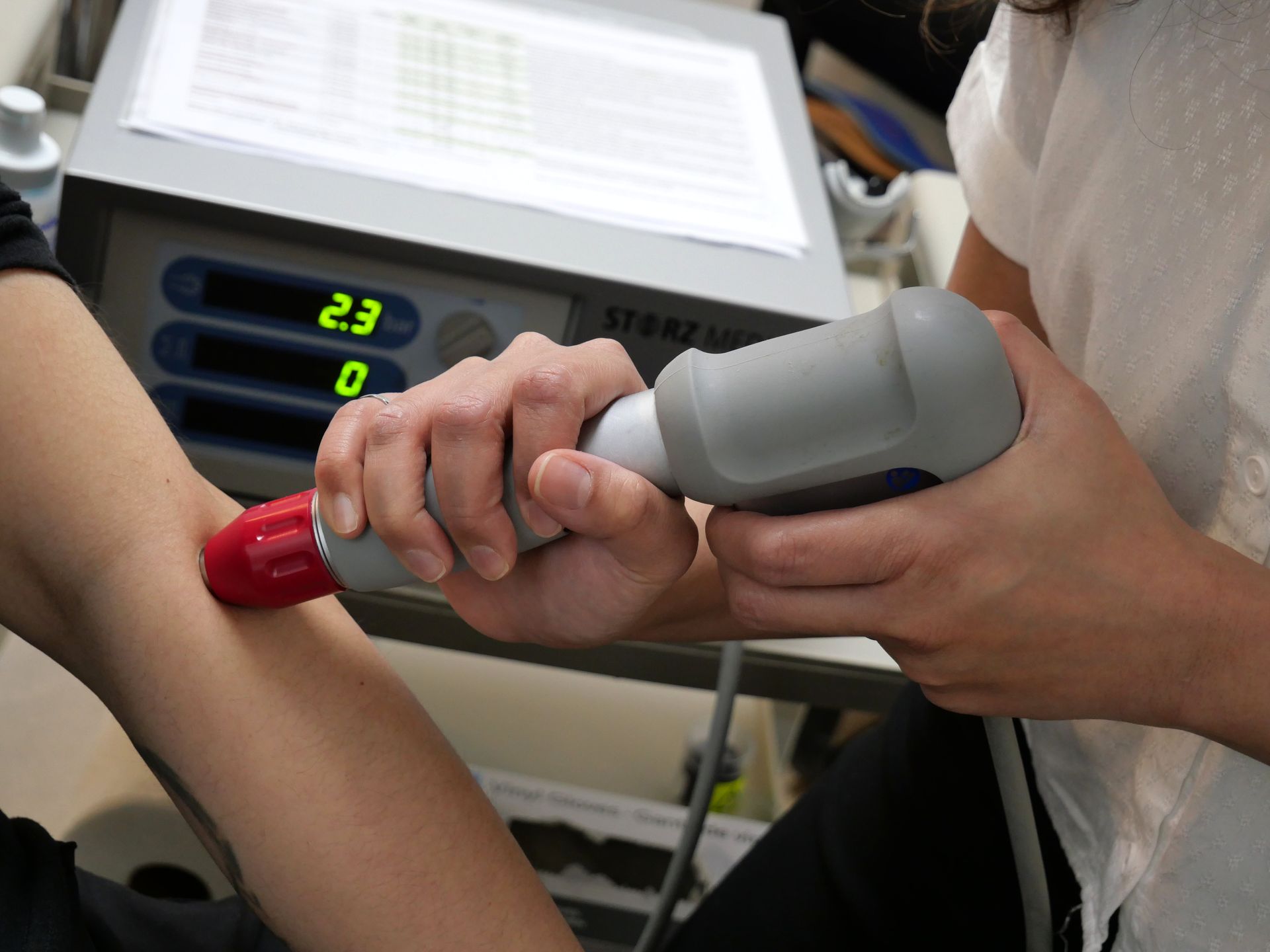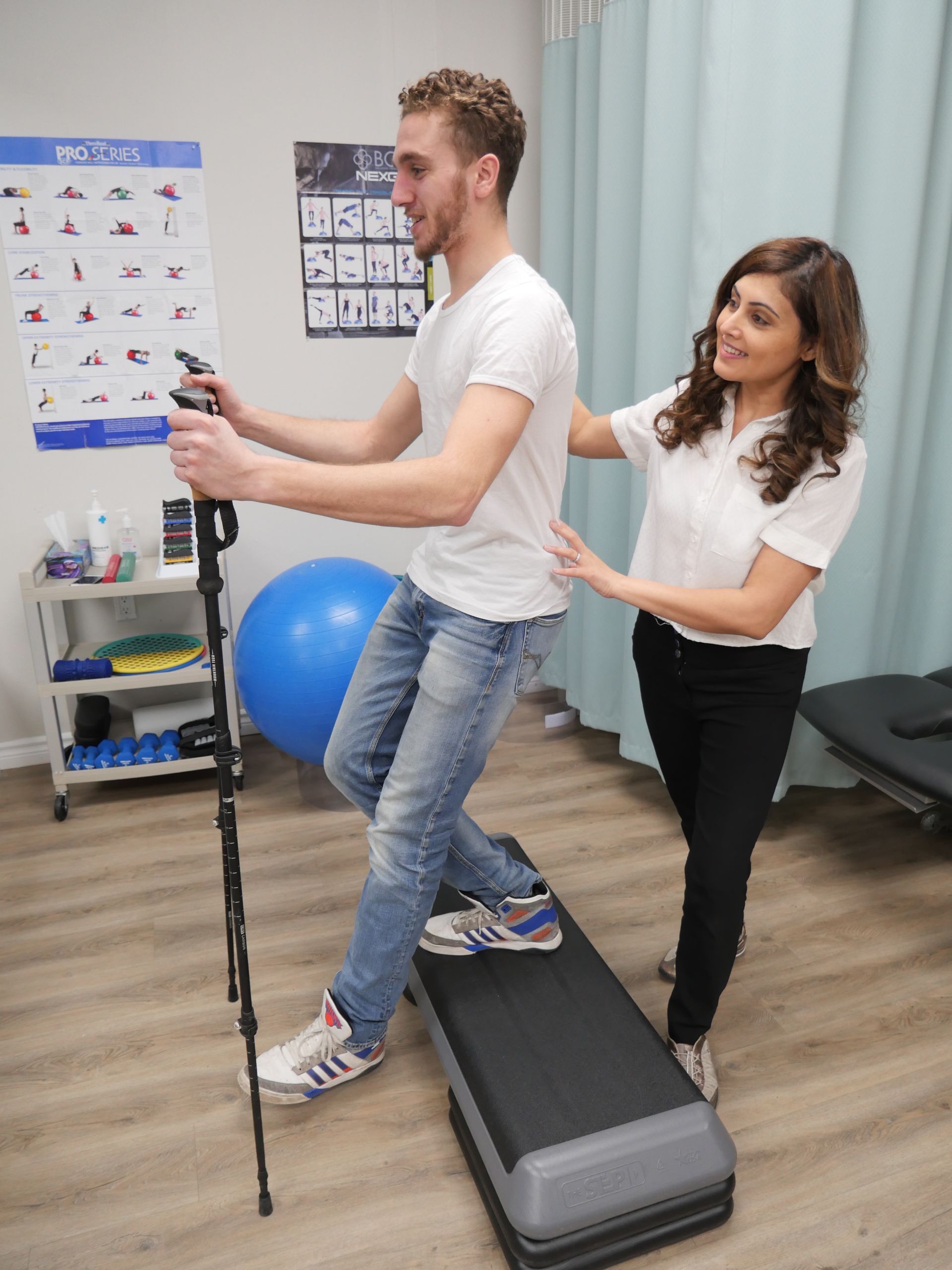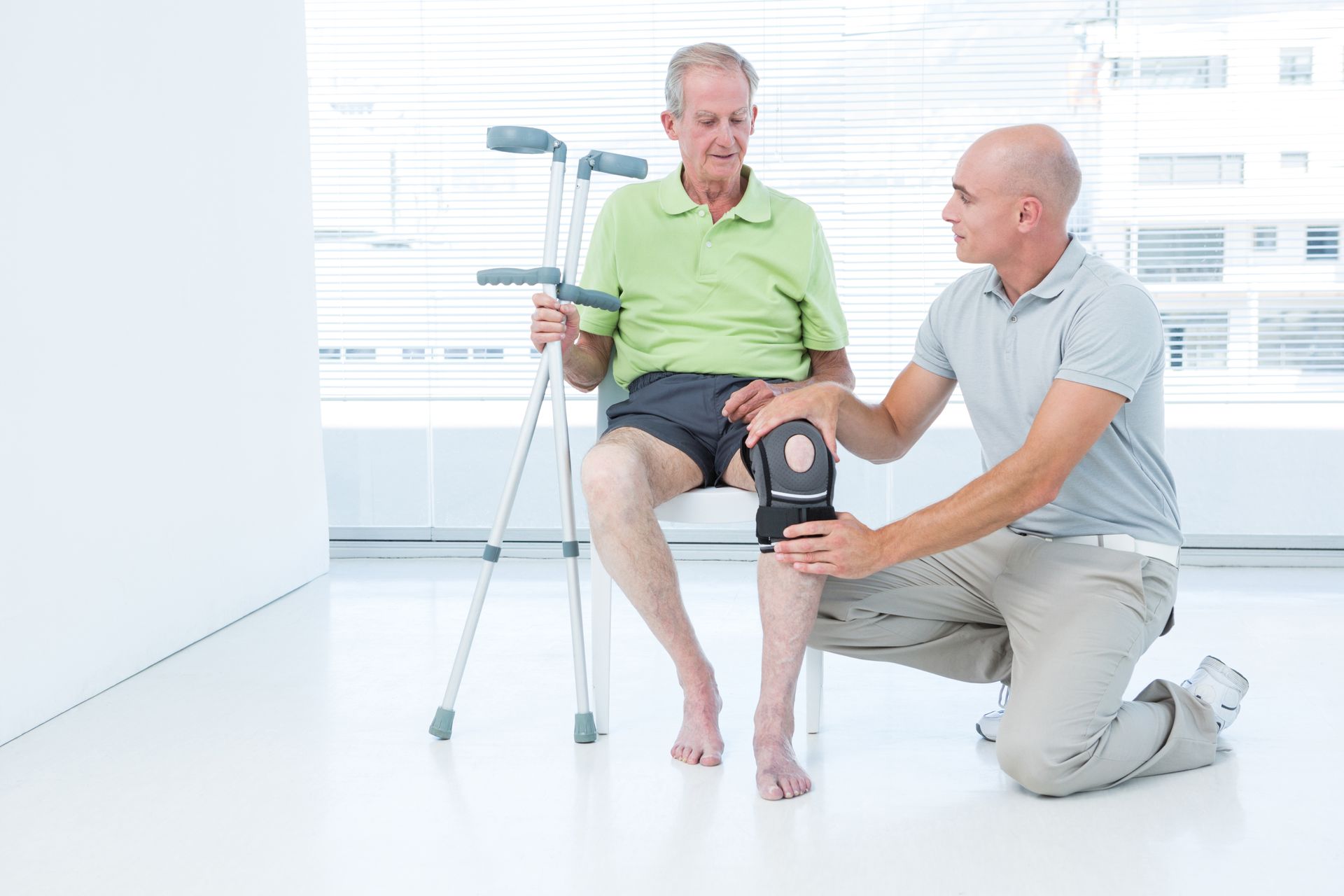How Physiotherapy Helps With Neck Pain
Neck pain, whether chronic (regularly occurs over three months) or occasional, can negatively affect day-to-day life. The neck is responsible for supporting our head and providing flexibility and rotation.
When a person is afflicted with
neck pain, they suffer a restriction in the ability to move their neck comfortably. Many factors contribute to neck pain, including traumatic injury, muscle strains, worn joints, and nerve compression.
A physiotherapist's primary goal is to improve neck pain by focusing on strength and flexibility. Continue reading for more information on how physiotherapy can help with neck pain.
The Fundamental Behind Physical Therapy
A physiotherapy treatment plan is curated to each patient's personal pain management and recovery needs. Neck pain has different contributing factors and, therefore, an individualized treatment plan is created after a thorough assessment of your medical history, lifestyle habits, and cause of injury. From there, the physiotherapist can suggest neck pain exercises targeting the joints and tissues.
Physiotherapy is the ideal treatment for those looking to take a holistic approach to healing and pain management without the use of medications or surgeries.
The Method
There are two different approaches to healing neck pain: active and passive therapy. Each therapy has a defined goal of providing progress for pain relief.
Active physical therapy focuses primarily on strengthening and improving flexibility in the neck. This type of treatment uses neck exercises designed to work the neck and surrounding muscles.
A few of the common exercises used in active physical therapy include neck stretches that focus on strengthening the muscles attached to the spine, back and core strengthening which improves posture resulting in improved functionality of the neck muscles, and spine-sensitive aerobics like swimming and walking.
Passive therapy treatments are used to reduce pain and stiffness in the neck, resulting in more effective neck-exercising results. In passive therapy, neck pain remedies include massage therapy, ice or heat therapy, ultrasound, and electrotherapy.
When Physical Therapy Is Recommended
Physiotherapy is typically recommended for those suffering from chronic neck pain or those recovering from an accident or surgery. Injuries such as whiplash can result in a lot of pain due to damage caused to the soft tissues and joints in the neck. Surgeries and trauma often cause neck stiffness and neck pain, and the strategies developed by a physiotherapist effectively increase the functionality of the neck and reduce overall pain.
How Long It Takes to Show Results
It's hard to say how long a physiotherapy treatment plan can take. The plan's length depends on the individual's healing rate and the extent of their injury. Typical physiotherapy treatment lasts as long as it takes soft tissue to heal, typically six-to-eight weeks.
Your physiotherapist will keep you updated on your progress throughout the treatment, giving you an idea of how well your healing is going. Suppose you feel you have made a full recovery throughout the duration of your treatment plan. In that case, it's vital that you communicate with your therapist and develop a transitional plan (this includes at-home exercises).
Take the Next Steps Towards Recovery
Our pain specialists at Delta Physiotherapy & Rehab provide a patient-centered approach to wellness and recovery. Located in Mississauga, we offer a safe and welcoming clinic. Our primary objective is to help you achieve wellness that has you feeling like yourself again.
Please feel free to schedule a consultation with one of our specialists today by phone at 905-270-3086 or fill out our online
contact form. We are here to answer any questions or concerns.










